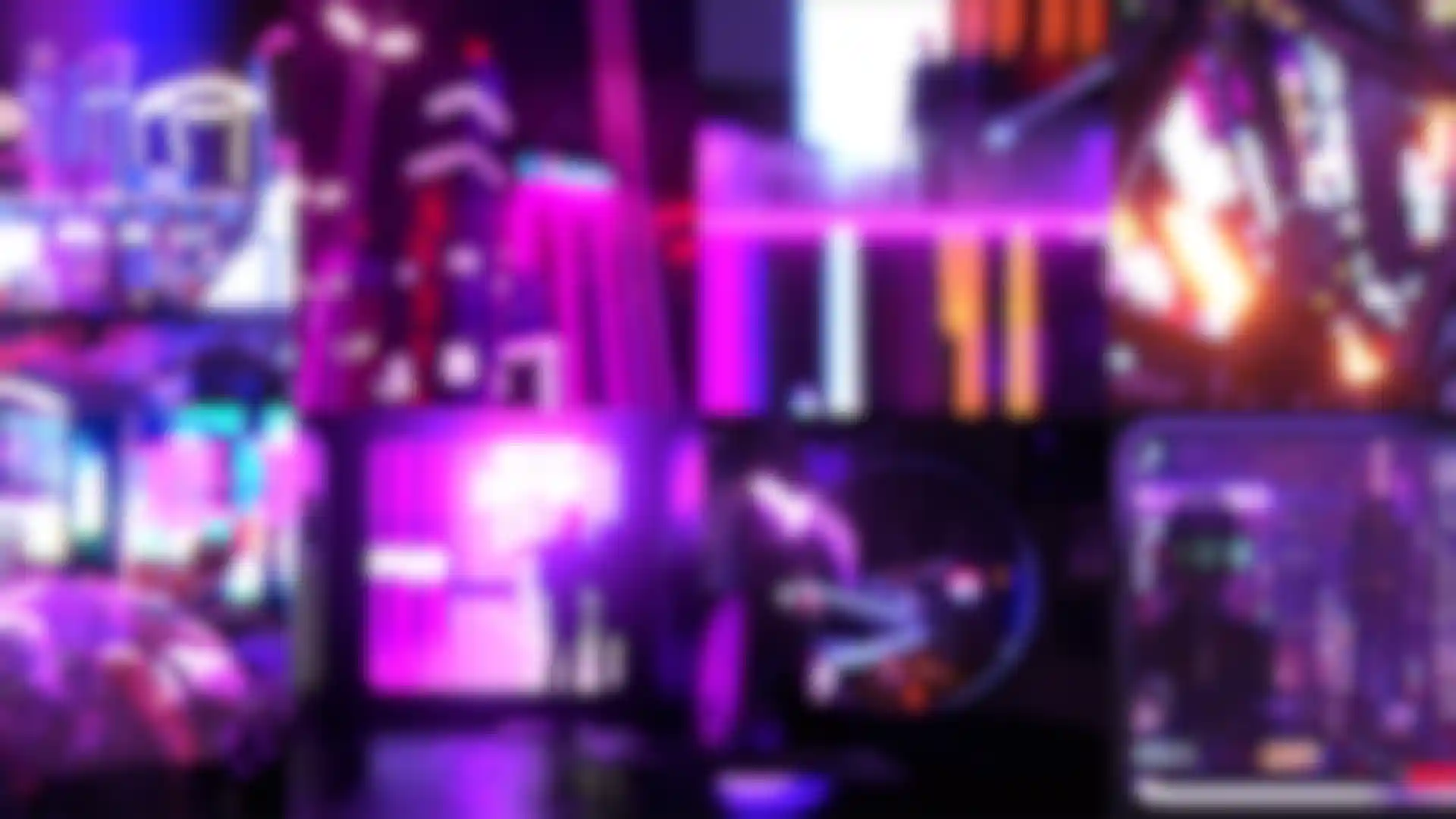
Reimagining Iconic Artwork for NFT Collectors Insanely talented Kidmograph and 2814 take their legendary Birth of a New Day artwork and music to Nifty Gateway.
In January of 2015, the band known as 2814 released their sophomore album, Birth of a New Day, a seminal work that ignited the Dreampunk subgenre of Vaporwave music. The album’s cover artwork was equally as popular, influencing artists all over the world to adopt the neon dreampunk style.
Recently, motion graphics artist Gustavo Torres—better known as Kidmograph reimagined that music and artwork for modern audiences in a series of NFTs. Launched on Nifty Gateway, both the limited and open collections were snapped up by artists and collectors.
We chatted with Torres, the Argentina-based artist behind the original album art, as well, to learn about his process. Here’s what he had to say about turning the Cinema 4D artwork he created for the album into NFTs, using new C4D features and the GPU power of Redshift.
What led to the creation of dreampunk and your 2814 album art?

Torres: I started the Kidmograph tumblr account in 2012 when I began working as a freelancer. As the blog grew in popularity, I was able to start finding work and I was working with a lot of musicians. The band 2814 reached out through the blog, and I already knew of their music and was a big fan.
They are actually a duo and have solo projects Hong Kong Express and t e l e p a t h テレパシー能力者. They were the musicians who were really driving the scene with the Dream Catalogue label. When we initially met, they wanted to create the now iconic artwork for their second album Birth of a New Day. That visual look was growing at the time and it had a bit of an abstract feeling mixed with the dreampunk movement they created. The original artwork really resonated with people, it was used in a lot of YouTube playlists and vaporwave collections.
Dreampunk is all about this vast city and dystopia where you feel alone even though you are surrounded by people. Dreamwave is all about melancholy. It’s not exactly nostalgic, but it encompasses the feeling of remembering moments in life. It’s like you are trying to recover a specific moment, an inner search or sorts. We wanted to translate that into the artwork.
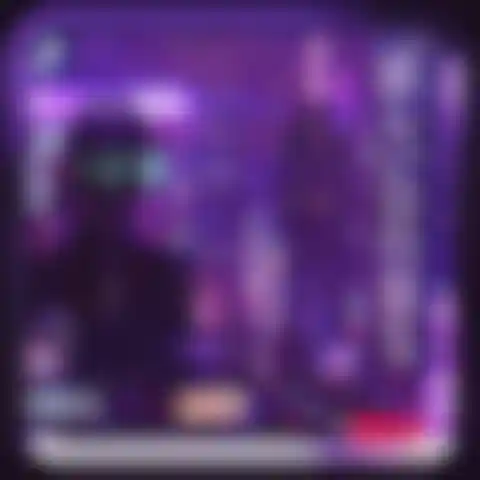
How did you enter the crypto and NFT space?
Torres: A few colleagues were already doing some crypto. I knew about SuperRare, which is where I minted my first NFTs. Then there was an explosion of different platforms and artists. Time in crypto art is going really fast. The experience in general is still new, and we are learning how to use new tools and educate ourselves about the content and how to give value to digital content.
For this release I talked with a team at Nifty Gateway and explained the project. The band and I wanted to create loopable versions of each song so they could play endlessly. The whole concept fits really well with what I love to do, which is GIFs and loops. All the people at Nifty Gateway were already fans of my work and it made for a really cool experience.
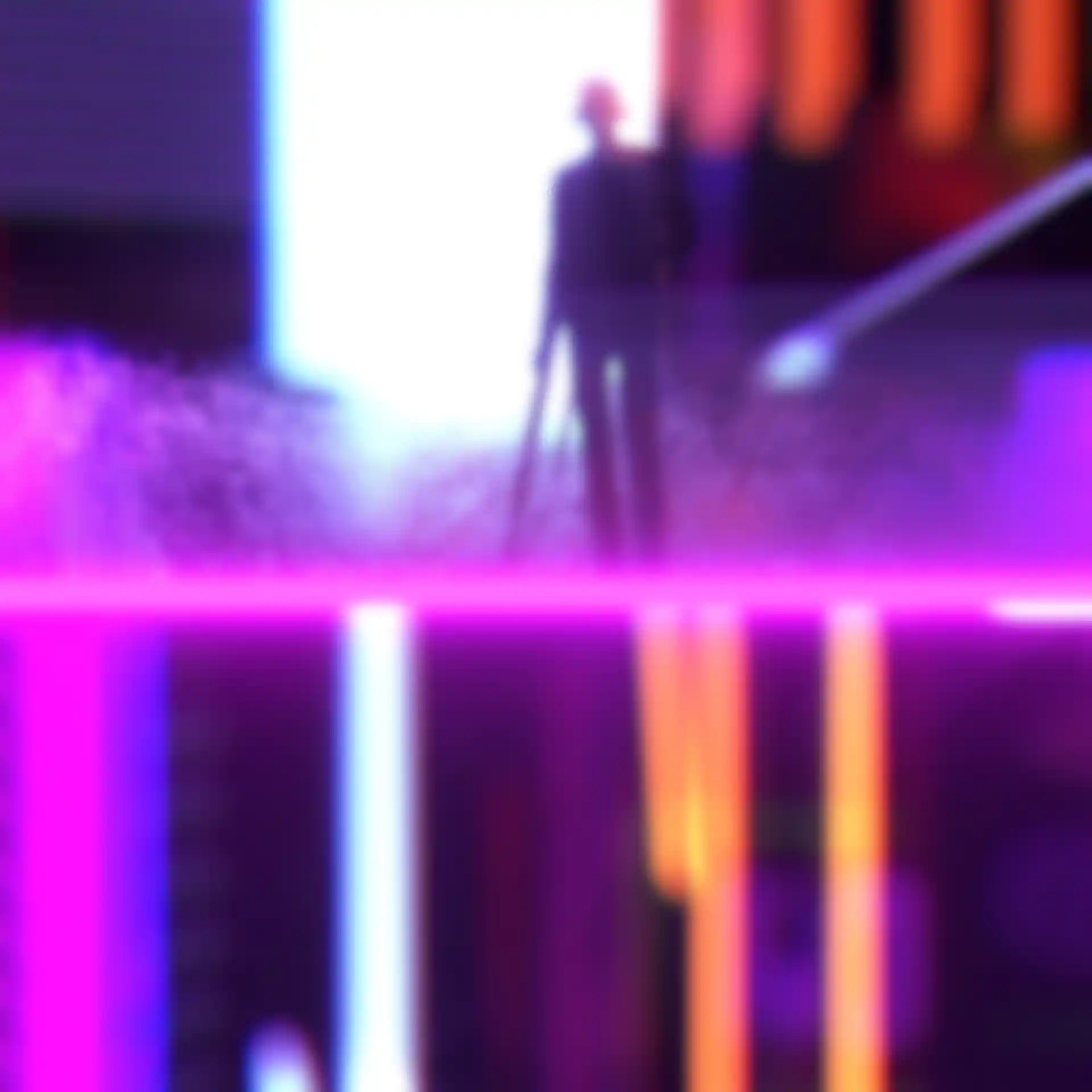
What changed between the original artwork and the NFT release?
Torres: The first artwork was built in Cinema 4D using the physical renderer in 2014. Back then, I probably used some Greyscalegorilla plugins and Photoshop. Things are different in 2021: iI started using Redshift about four years ago, so I brought what I learned about Redshift and translated the original piece into my modern workflow.
My brain is all over the place, and my method is usually to replicated all of the visual imagery that’s in my head on the computer. With these updated pieces I wanted to go into Redshift and experiment with different materials and lighting. I had a lot of content to develop and build, but the excitement was the same as back then.
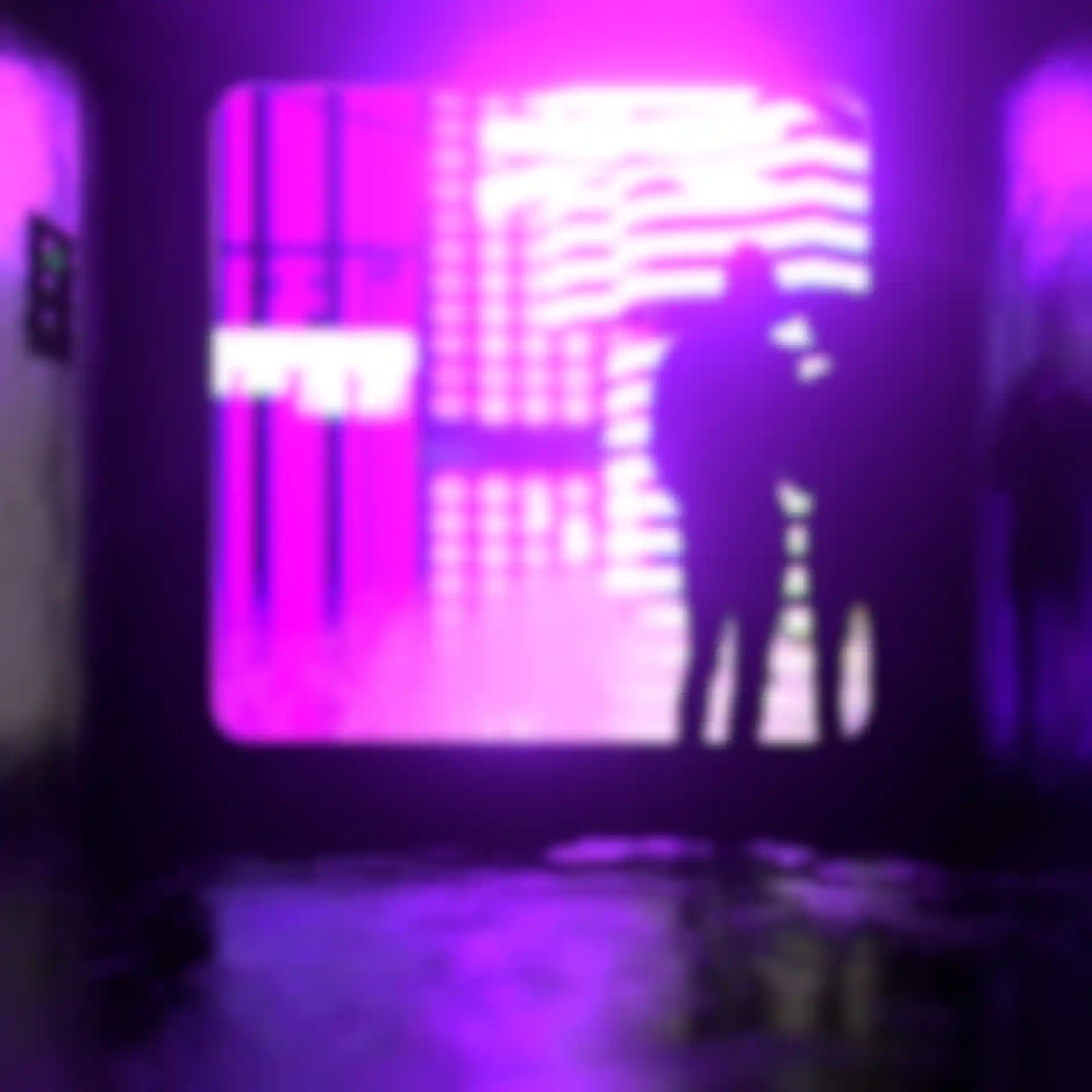
I was so inspired by the music and concept, and all of these new experiences allowed me to expand my ideas in ways I couldn’t do before. For example, I made some renders that I used as textures on objects in the scenes, so the reflections are now animated materials. I definitely didn’t know how to do that back then.
What was your initial concept for the NFTs and how did that evolve?
Torres: We had to find a balance between what we wanted to do and what we could accomplish in the time. We thought about doing the whole album, and in a way we did. 2814 went back into the studio to create loopable versions of each song that was a minute and thirty seconds long. Then, I made the scenes with each song in mind. We talked about color and matching the vibes of the original artwork while giving it a modern feel.
It was a really exciting experience, but we had to fight a lot of expectations. In crypto, you have a lot of collectors, but artists are also watching the space to see what you are doing. I felt really good until the drop, and then I got so nervous. You just have to go away and hide for an hour. It was such a relief once everything was over.
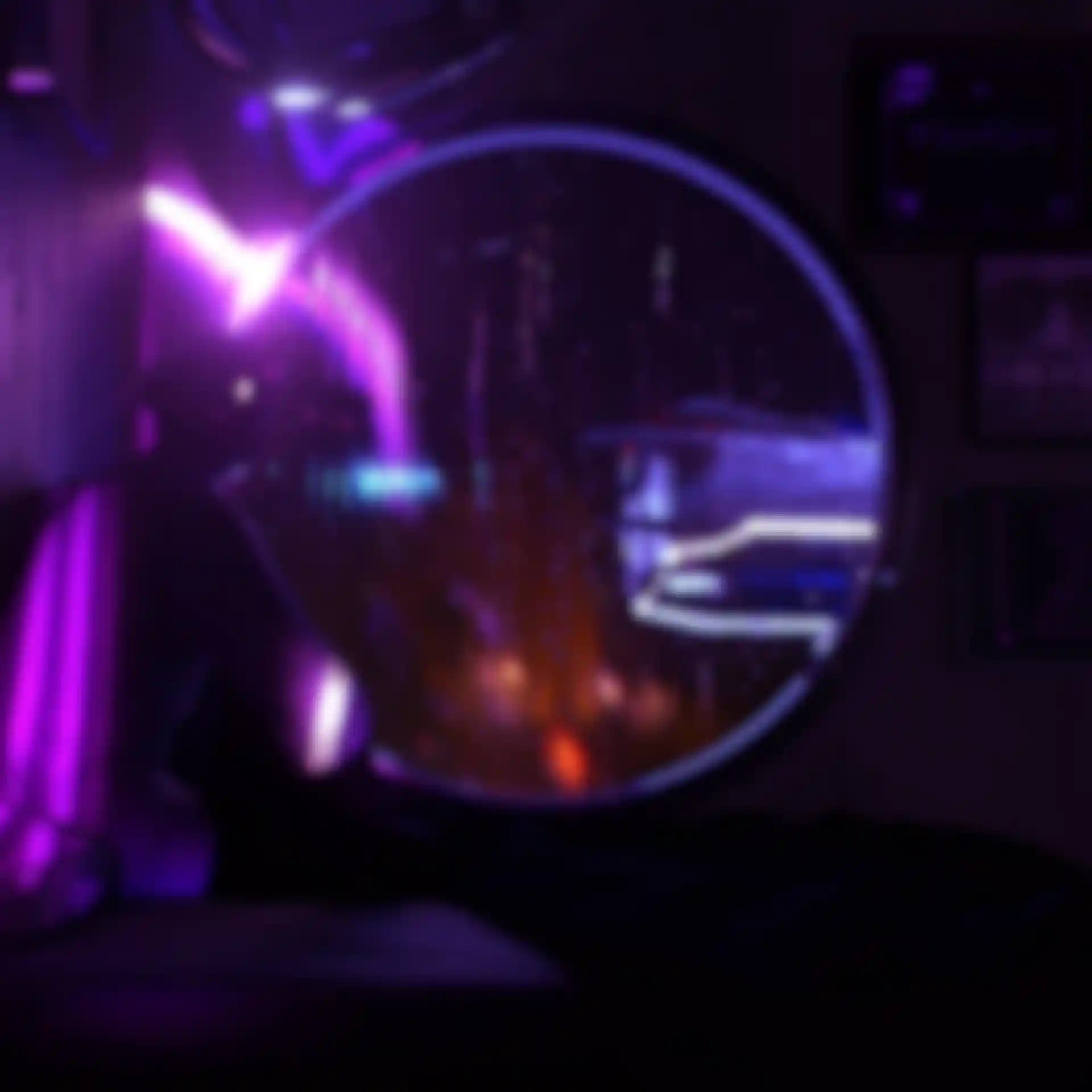
What do you plan to do now that the release is over?
Torres: Now that the sale is over, we are using some of the funds to build another project. Being able to invest the money into your work is amazing because you can feed yourself and start something new. That’s a great feeling. Regardless of the final numbers and the money and all that, we really felt that the people were very happy with the drop. We want collectors to hold onto those pieces and feel the value.